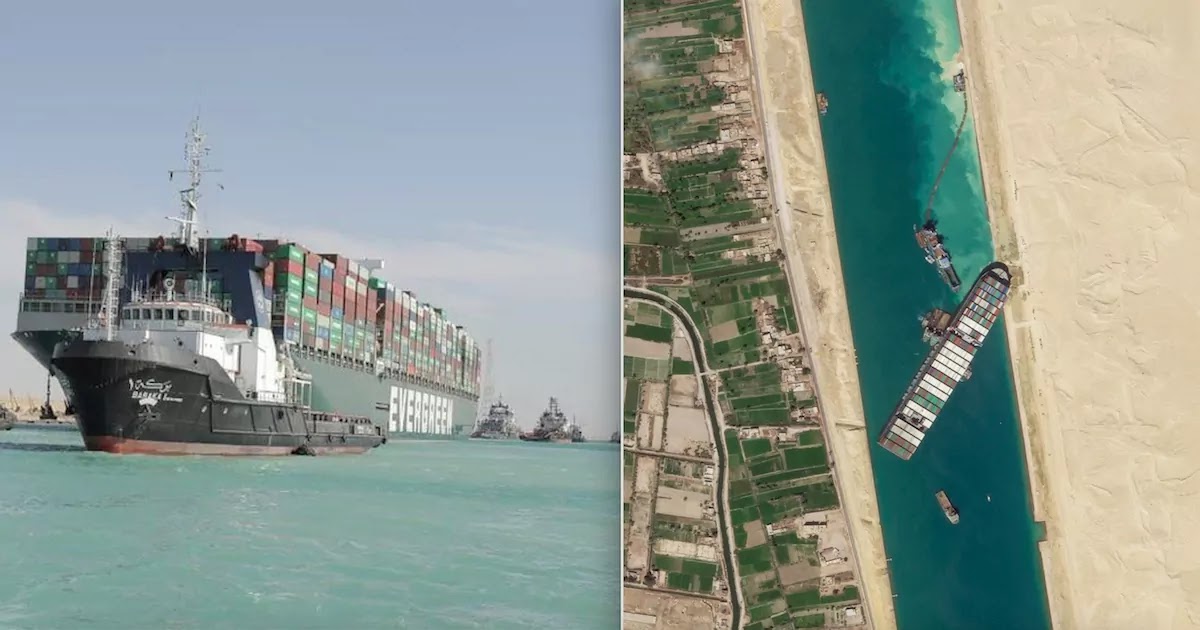
Ships have once again began moving through the Suez Canal after it was blocked for almost a week following the embankment of a cargo ship, 'Ever Given', which blocked the canal to all other passing vessels.
The embankment caused huge disruption and economic chaos due to the fact that 12% of all international trade passes through the canal – around 50 massive cargo vessels per day.
At one point, hundreds of ships were stuck on each side of the canal, but this number has now been reduced to around 70.
There will however be ongoing disruption due to the fact that the ships will now need to queue at the ports to which they were headed in order to unload their shipments.
The Ever Given was re-floated after a monumental effort by rescue teams who dug massive amounts of sand out from below the ship. They were then assisted by a fleet of tugboats who pulled the ship when the tide reached its highest point. The Ever Given will now be inspected by experts to make sure it is fit to continue sailing. It is thought that it became embanked due to a combination of high winds and low-visibility. No one was injured in the embankment.
Michelle Wiese Bockmann, of the shipping journal Lloyd's List, has said that the backlog of vessels will now take weeks to fully unload their cargo. She told BBC:
"And then, of course, you have the issue, especially with container ships, [of vessels] all arriving at once at European ports, causing widespread congestion and delays that will trickle all the way down throughout the container shipping sector. It will delay empty boxes getting back to China and to Asia to load goods, and then there will be congestion at those ports."
Due to this hold-up, it is expected that some costs of goods may be passed on to both businesses and consumers in Europe, meaning an increase in prices.
The Suez Canal has long been seen as one of the most vital waterways in the world and has been fought over on previous occasions. In 1956, Egyptian leader General Nasser nationalised the canal, taking it from British hands. Britain, outraged by this, invaded Egypt but eventually accepted that Egypt had the right to control the waterway. Even today the Egyptian government raises around £14 million in daily taxes from charging the ships passing through the Suez.
[h/t: BBC]













COMMENTS